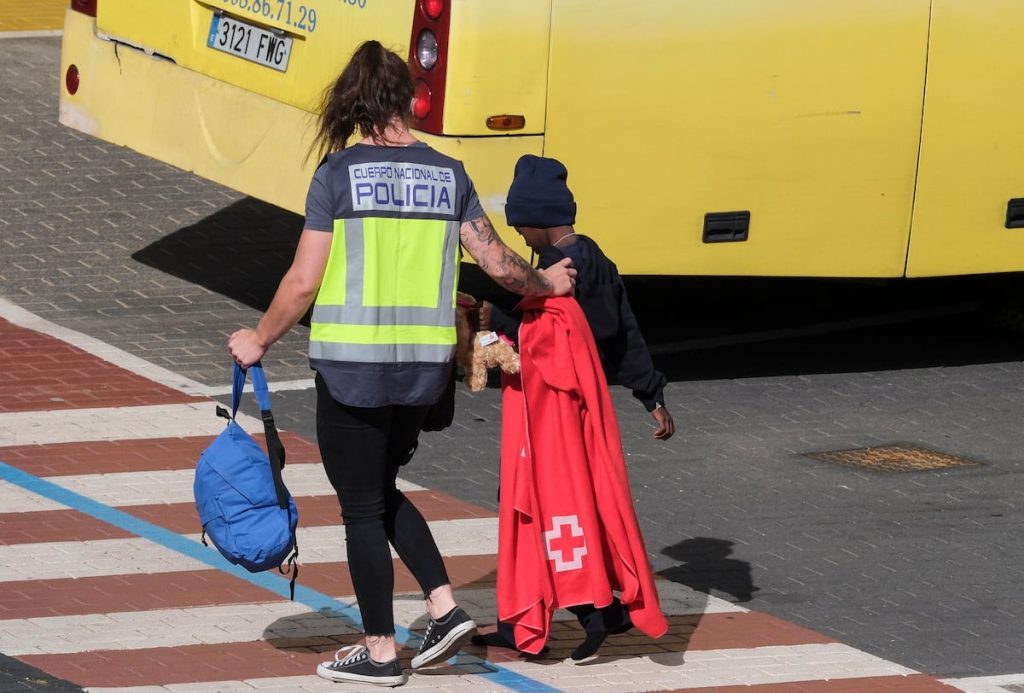On Tuesday, July 23, at 7:46 in the morning, the LNG Borno, a tanker traveling from Portugal to Nigeria, alerted the Spanish authorities of a boat sighting 222 kilometers south of Gran Canaria. The rescue took place at 14:10 Canarian time, with 129 people, including three minors, disembarking at the port of Arguineguín. However, in Madrid, the Congress was unable to reach a consensus on the reform of the immigration law, with 177 votes against (PP, Junts, and Vox), 171 in favor, and one abstention (UPN).
Since Wednesday, political parties have been working hard to explain their positions and blame each other for the failure. Attempts are being made to reach an agreement before the last Council of Ministers of the term on Tuesday, July 30. The Government is considering options such as increasing funding for Canarias or convening another Sectorial Conference on Youth and Children with the communities to explore new voluntary redistribution of migrant minors.
The Canary migration route continues to see arrivals, with over 600 people, including 23 children and adolescents, arriving in the islands on cayucos from July 19 to July 27. The calm season in the Atlantic, which usually sees a spike in arrivals, is approaching, with 7,398 minors arriving in Canarias from September to December 2023. This year, 19,793 people have arrived irregularly by sea, a 160% increase from the same period in 2023.
Political tension continues as leaders try to find a solution. The Minister of Youth and Children, Sira Rego, mentioned that the government is working on a Plan B, which could involve the mandatory distribution of migrant minors by royal decree. The PP in Canarias is also pushing for a last-minute decree law to address the issue. However, debates on a possible decree law are ongoing, with concerns that it may face similar challenges in Congress.
The government is working to find alternative solutions to the migrant crisis in Canarias. While some parties, including the PP, are pushing for a decree law, the government is skeptical, fearing another deadlock in Congress. The Minister, Ángel Víctor Torres, has expressed concern that some parties prioritize political interests over the welfare of migrant children. Despite the setbacks, President Clavijo remains hopeful that a consensus can be reached in the future through dialogue and negotiation among political parties.


